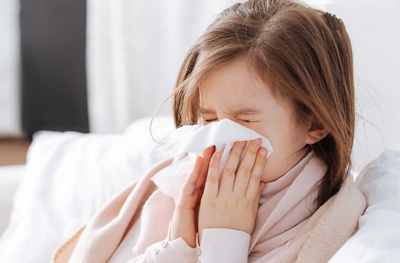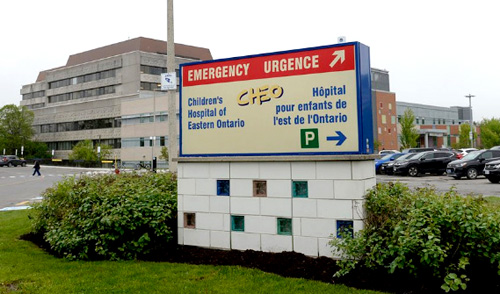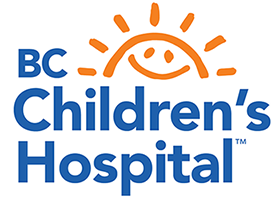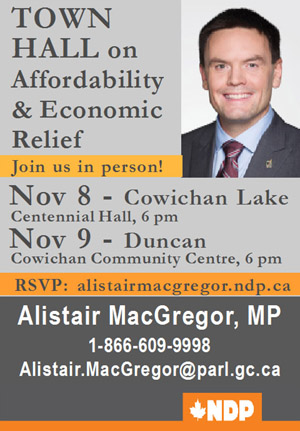Wednesday November 2, 2022 | NATIONAL
by Mary P Brooke, B.Sc. | Island Social Trends
A surge in acute viral respiratory infections is being seen at pediatric hospitals in Canada.
Those illnesses include respiratory syncytial virus (RSV), COVID-19 and the seasonal flu.
At the Children’s Hospital of Eastern Ontario (CHEO) there is cancellation of some non-urgent surgeries, procedures and clinic appointments as well as redeployment of clinicians to free up staff in response to what is being called a ‘major surge’.
As reported by CTV today, CHEO says it’s “well beyond its capacity and wait times are, unfortunately, historically long” as respiratory illness season gets underway in Ottawa.
Major surge:
“Like most pediatric hospitals across the country, CHEO is experiencing an unprecedented major surge. There is a significant increase in the number of young patients with acute viral respiratory infections including RSV, COVID and the seasonal flu,” CHEO said in a media release.
Wait times to see a physician at CHEO peaked at 20 hours over the weekend, and was reported at six hours on Wednesday evening.
Island Social Trends is awaiting a response from BC Children’s Hospital as to their situation regarding management of the viral respiratory season. [Update to come]
In October BCHC published a news release about the importance of adults getting a flu shot in the winter season. BCHC says one in four children gets flu every year, and that “children are also at the highest risk for complications”.
Flu affects everyone:
Healthy people can get very sick from the flu. “It can trigger a fever that can last three to four days, a severe headache, aches and pains, up to three weeks of fatigue, a runny nose, sneezing, coughing and a sore throat. Children can also experience nausea, vomiting or diarrhea. Complications can lead to pneumonia and respiratory failure,” says BCHC.
Infected people can spread the flu up to one day before and five days after they start showing symptoms. Getting sick with the flu can put others at risk of life-threatening complications, including very young children, seniors 65 and older, and people who have lung or heart disease, chronic health conditions or weakened immune systems.
Healthy pregnant women who get the flu in the second half of their pregnancy are also at greater risk of hospitalization, says BCHC.
RSV:
Respiratory syncytial virus (RSV) causes infections of the lungs and respiratory tract. According to the Mayo Clinic, it’s so common that most children have been infected with the virus by age 2.
RSV can cause severe infection in some people, including babies 12 months and younger (infants), especially premature infants, older adults, people with heart and lung disease, or anyone with a weak immune system (immunocompromised).
Taking health-care system action:
In CHEO’s emergency situation they are taking a series of measures to ensure that young people get the “emergency, critical and acute care they need”. Those actions include:
- Postponing some non-urgent surgeries and procedures to free up staff
- Postponing some clinic appointments to free up staff
- Redeploying clinicians with critical care skills who may be working in other parts of CHEO to help in the CHEO ICU
- Reassigning staff to support emergency, acute and critical care needs
- Scheduling staff from across CHEO who have put up their hand to support care teams in non-clinical ways
- Expanding staffing and clinic hours at the Kids Come First and East Ottawa Kids Clinic
- “We are quickly hiring more staff and getting them on the floors,” CHEO said.
CHEO is also starting its enhanced peak viral season measures tomorrow, which includes only allowing one patient/caregiver at the bedside of a child. Any families who are impacted by the changes to surgeries, procedures and clinics will be contacted by CHEO.
Vaccination:
Vaccination is encouraged by public health for persons of all ages (in BC the COVID vaccine is available for ages 6 mo and up).
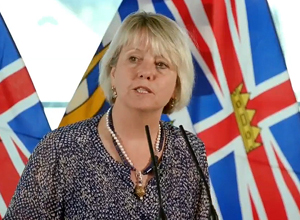
As people congregate indoors in the cold fall and winter seasons, the spread of airborne viruses between people is more prevalent.
Illness in the community puts pressure on the health care system and community support services as well as schools.
Back in September, BC Provincial Health Officer Dr Bonnie Henry announced the rollout of vaccines for COVID-19 and flu in BC for the fall/winter season.
When older children and adults are immunized it helps reduce the impact of viral spread of respiratory viruses. People may still be exposed to airborne viruses but dealing with related illness (as well as hospitalization and death) is seen to be minimized among people who are immunized. BC Health data for over two years of the COVID pandemic is showing that.
COVID included in respiratory disease data:
Last month, the BC Centre for Disease Control launched a new data platform for respiratory diseases.
COVID-19 data will now be integrated with data for other respiratory pathogens and will be available through an interactive data reporting platform at: Respiratory Diseases
===== RELATED:
Ramping up Fall 2022 COVID & flu immunization in BC (September 6, 2022)
Make sure children are up to date on all their vaccines as part of back-to-school preparations (August 27, 2022)
Wearing masks during Fall 2022 COVID season (August 5, 2022)
===== ABOUT ISLAND SOCIAL TRENDS:
The Island Social Trends online news portal at islandsocialtrends.ca includes a focus on health, education, economy and politics. Editor is Mary P Brooke, B.Sc.


